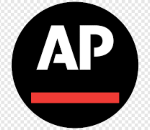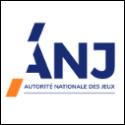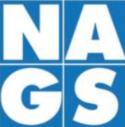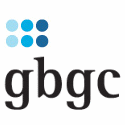Brazil Regulates Sports Betting
 SAO PAULO (July 26, 2023) — Brazil’s government issued a provisional decree on Tuesday to authorize sports betting and tax companies’ revenues by 18%. The move comes amid a sprawling investigation that ensnared dozens of players in a match-fixing scandal, The Associated Press reported Wednesday.
SAO PAULO (July 26, 2023) — Brazil’s government issued a provisional decree on Tuesday to authorize sports betting and tax companies’ revenues by 18%. The move comes amid a sprawling investigation that ensnared dozens of players in a match-fixing scandal, The Associated Press reported Wednesday.
President Luiz Inacio Lula da Silva’s decree was sent to congress, which needs to vote on it on the next 120 days so it remains valid. Brazil’s finance ministry expects to collect at least 2 billion Brazilian reals ($420 million) in tax from betting companies next year if the provisional measure is confirmed.
Brazilian bettors will not pay tax if they make gains amounting to almost $445 on each bet. Any gains above that will make betters pay 30% income tax.
The decree comes less than one year after an investigation by the attorney’s office in Goias showed that some players had been offered between $10,000 and $20,000 to perform specific actions, like receiving yellow cards and giving away penalty kicks. Alleged criminals would then profit on betting sites.
Marcos Sabiá, the CEO of the galera.bet betting company, a sponsor of the Brazilian championship, said in a statement he approves the move.
“This decree is welcome because it brings us some regulation and legal protection,” Sabiá said. “It establishes the limits to the operation of betting companies, rights and assurances for betters, the prohibition for companies that do not have a license, and the means for cooperation between authorities and betting companies so we fight match-fixing.”
The investigation has spread to Brazil’s congress and federal police this year, including about 20 matches of the country’s top flight and second divisions, plus some of local state leagues.
A district attorney told The Associated Press in May that the scandal has potential international reach. Local media reported that suspected criminals mentioned having contacts in the United States, Greece and Lithuania.
A court in Goias has already authorized charges against 31 people accused of taking part of the scheme, including 15 soccer players in Brazil’s first and second divisions.
By: Mauricio Savarese
SOURCE: The Associated Press.

























